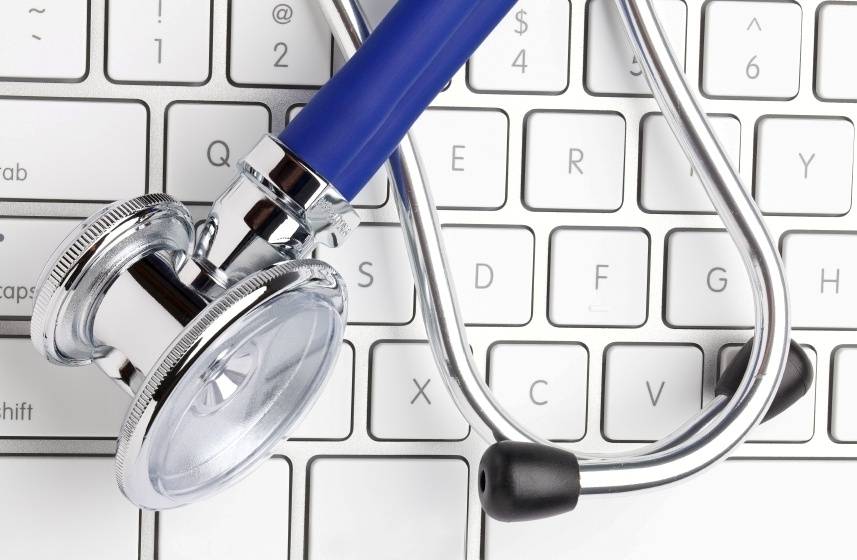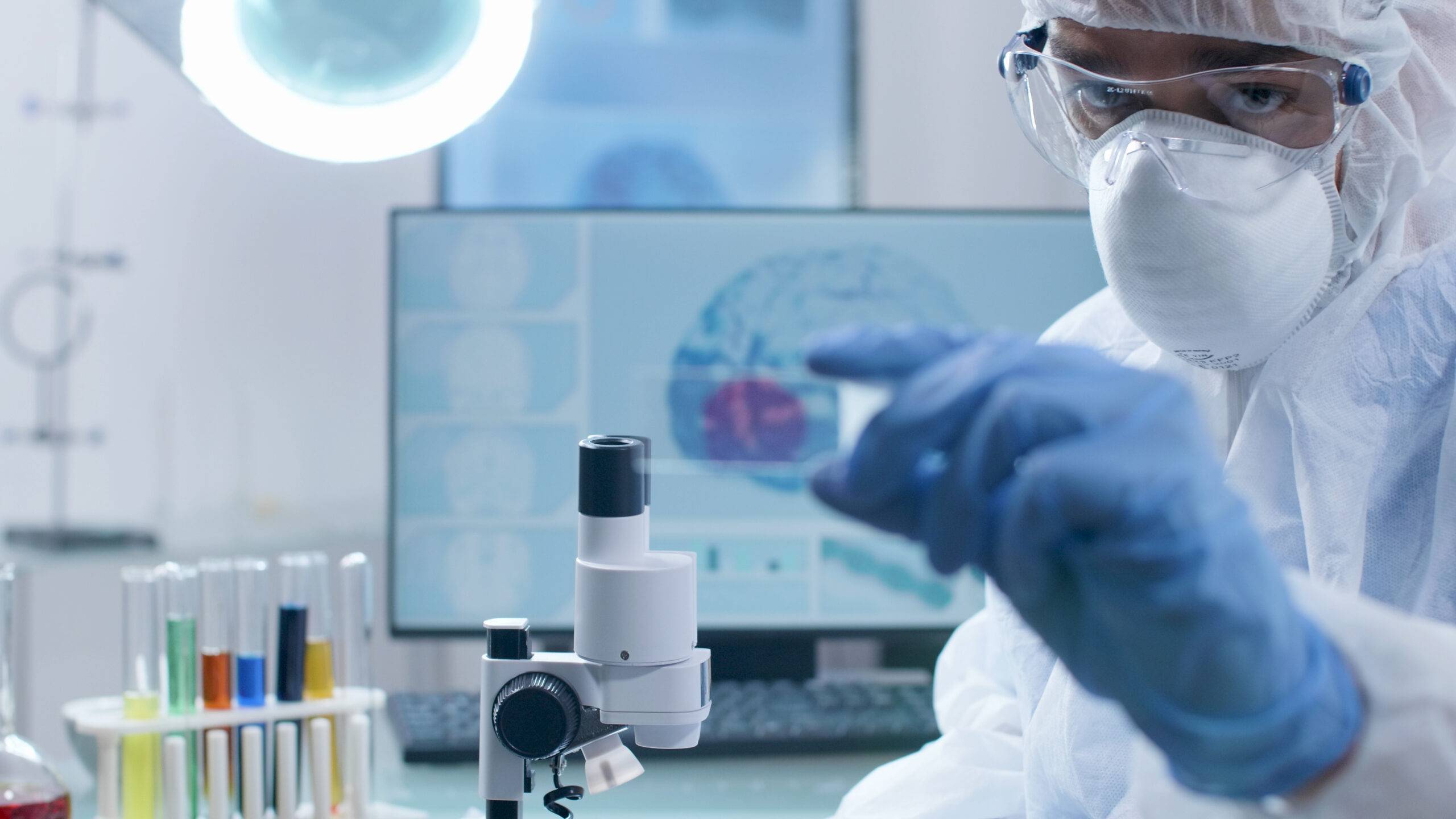Ehealth is a word used to characterize not only “Internet medicine”, but also virtually everything related to computers and medicine. According to Intel, e-health is “a concerted effort undertaken by leaders in healthcare and hi-tech industries to fully harness the benefits available through convergence of the Internet and health care” .
According to the WHO “e-Health is the cost-effective and secure use of information and communications technologies in support of health and health-related fields, including health-care services, health surveillance, health literature, and health education, knowledge and research.
Clinical research is now becoming increasingly dependent on ‘the computer’ and the role played by it in the field of e–medicine is many folds, in fact we can say that the following ten points and also the eleventh are key deciders when it comes to conducting treatments on patients who may be staying across international boundaries by making knowledge available to both the patient and the doctor The knowledge which may otherwise not be available to both through traditional methods. Clinical research and its data filed in e–books are got by both the patient and the physician by just a click of the mouse thus expert opinion is no longer a mirage it is within everyone’s reach.
is now becoming increasingly dependent on ‘the computer’ and the role played by it in the field of e–medicine is many folds, in fact we can say that the following ten points and also the eleventh are key deciders when it comes to conducting treatments on patients who may be staying across international boundaries by making knowledge available to both the patient and the doctor The knowledge which may otherwise not be available to both through traditional methods. Clinical research and its data filed in e–books are got by both the patient and the physician by just a click of the mouse thus expert opinion is no longer a mirage it is within everyone’s reach.
- Efficiency- one of the promises of e-health is to increase efficiency in health care, thereby decreasing costs, through increased communication between health care establishments, and through patient involvement.
- Enhancing quality of care – increasing efficiency means not only reducing costs, also improving quality this can be done by comparing between various providers and directing patients to the better ones.
- Evidence-based– e-health advice should be evidence-based with actual involvement and sincere research.
- Empowerment consumers and patients become more empowered – by getting access to the knowledge bases of medicine and personal electronic records. Thus enabling the patient to make an evidence-based choice.
- Encouragement of a new kind of relationship between patient and doctor based on shared knowledge and consultation.
- Education of physicians helping them to stay updated on the latest developments through online sources
- Enabling information exchange and communication between health care establishments.
- Extending the scope of health care beyond its conventional boundaries. Both a geographically as well as conceptually. The patient can now take advice from doctors and order medicines from pharmacists across international boundaries.
- Ethics– e-health involves new forms of patient-physician interaction and poses new challenges and threats to ethical issues such as online professional practice, informed consent, privacy etc.
- Equity– one of the most important functions of E-health is to make health care more equitable, but there does exist lacunae that of those people who do not have proper knowledge of computers being at a disadvantage and not being able to reap the benefits of this facility.
- In addition to the above ten points, e-health should also be easy to use, easy to understand and exciting to operate.
Clinical scientists can be classified under two heads the biomedical scientist and the Clinical Laboratory scientist. The Biomedical scientist plays a very important role in day to day medical procedures They carry out tests to support the diagnosis and treatment of diseases eg: they carry out blood tests for blood grouping etc at the time of surgical procedures specially in emergency cases like accidents or heart attacks where it would become impossible to carry out the treatment in the absence of the knowledge about the patient’s blood group Cancer Diabetes, meningitis hepatitis, and even Aids also require biomedical scientist to help in screening, diagnosing and treating the patient.



